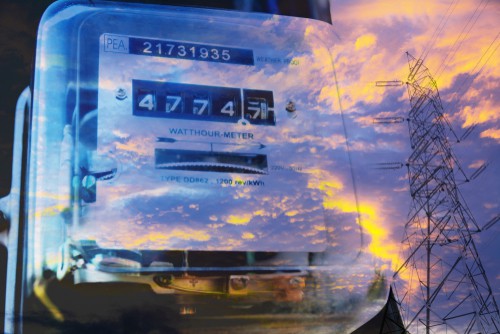The Australian Energy Market Commission (AEMC) is calling for feedback on a rule change request from the Australian Energy Council, which would allow a metering coordinator to deactivate communications on an already-installed advanced meter upon customer request.
Under the AEMC’s ‘competition in metering rules’, which commenced in December 2017, all new and replacement meters for households and small businesses must be an advanced ‘type 4’ meter.
Advanced meters help customers get the most out of technologies such as rooftop solar, storage and energy efficient appliances, for example by providing functions like demand response and giving information about energy use in real time.
There are two exceptions to installing advanced meters:
- If there is no telecommunications network in the area to support a type 4 meter
- If a metering coordinator (via a retailer) accepts a customer’s request to not have a type 4 meter at the time of installing a new meter
In these circumstances, an advanced meter with the communications deactivated (known as a type 4A meter) is installed. This means that the meter is no longer able to provide ‘smart’ functions.
Currently, if a customer moves into a house or business premises with an advanced meter already installed and wants the communication deactivated, there is no provision under the rules for the metering coordinator to undertake this task.
The Australian Energy Council proposes to change the rules so this particular type of customer request can be addressed by the retailer and their appointed metering coordinator.
The AEMC has published a consultation paper seeking stakeholders’ views, including:
- The extent of the issue – that is, the number of customers who would be affected by the rule change, if made
- Why customers may want to deactivate the communications function on advanced meters
- The costs and benefits of the solution put forward by the Australian Energy Council
Stakeholder submissions on the consultation paper are due by 8 November 2018.














